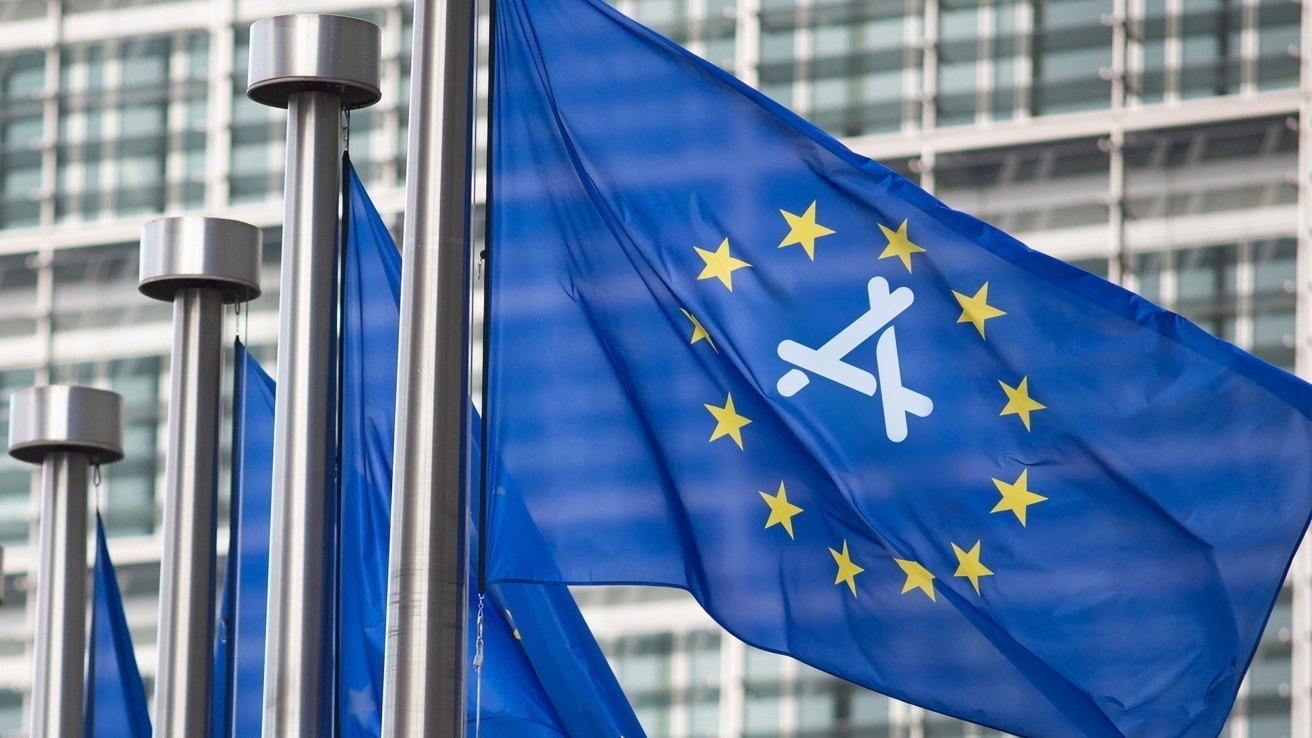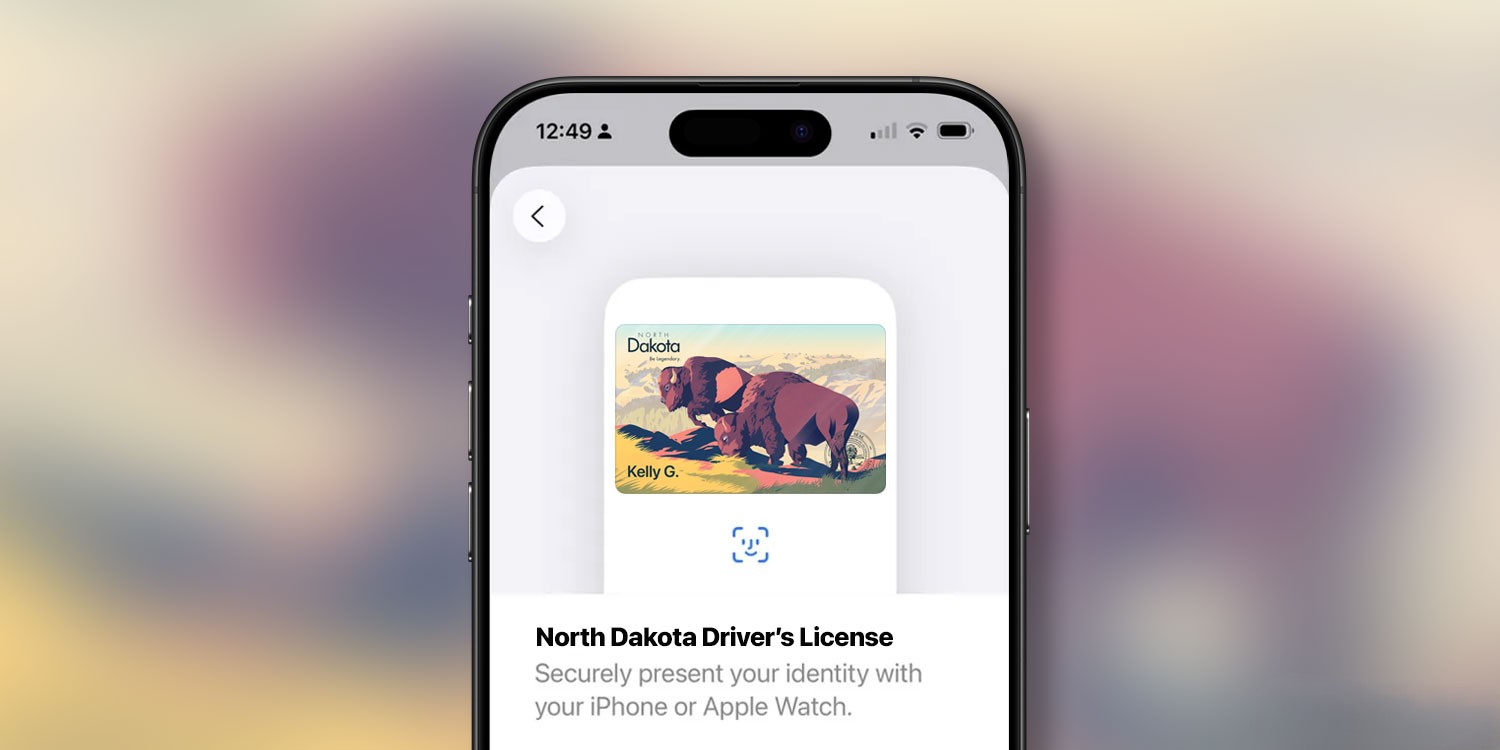Article Title: French Lawsuit Challenges Apple’s App Store Fees, Sparking Major Legal Battle
In a significant legal development, the French consumer advocacy group Consommation, Logement et Cadre de Vie (CLCV) has initiated a class-action lawsuit against Apple, alleging that the company’s App Store fee structure has led to inflated prices for music streaming subscriptions. This lawsuit, filed in the Paris judicial court, contends that Apple’s commission on in-app purchases has resulted in consumers paying €1 to €3 more per month for services like Spotify, Deezer, YouTube Music, Tidal, and Qobuz compared to subscriptions purchased directly from the service providers’ websites. ([lemonde.fr](https://www.lemonde.fr/en/economy/article/2025/11/24/apple-faces-class-action-in-france-from-streaming-music-users_6747762_19.html?utm_source=openai))
Background and Basis of the Lawsuit
The crux of CLCV’s argument centers on Apple’s longstanding policy of imposing a 30% commission on in-app purchases made through the App Store, a rate that decreases to 15% after the first year. This fee structure, according to CLCV, has compelled music streaming services to increase their subscription prices within the App Store to offset the commission, thereby passing the additional cost onto consumers. Furthermore, CLCV asserts that Apple’s previous restrictions prevented these services from informing users about more affordable subscription options available outside the App Store, thereby limiting consumer choice and transparency. ([lemonde.fr](https://www.lemonde.fr/en/economy/article/2025/11/24/apple-faces-class-action-in-france-from-streaming-music-users_6747762_19.html?utm_source=openai))
The lawsuit draws upon a March 2024 decision by the European Commission, which fined Apple €1.8 billion for abusing its dominant market position by mandating that music streaming app developers use its in-app payment system exclusively. The Commission’s ruling emphasized that such practices restricted competition and harmed consumers by leading to higher prices. CLCV is leveraging this precedent to seek compensation for affected consumers who subscribed to these services via the App Store between 2011 and 2025. ([lemonde.fr](https://www.lemonde.fr/en/economy/article/2025/11/24/apple-faces-class-action-in-france-from-streaming-music-users_6747762_19.html?utm_source=openai))
Implications for Apple’s Business Model
This legal challenge strikes at the heart of Apple’s App Store revenue model, which relies heavily on commissions from in-app purchases. The outcome of this case could have far-reaching implications, potentially prompting Apple to reevaluate its fee structures and policies not only in France but across the European Union and beyond. A ruling against Apple may set a precedent that influences other jurisdictions to scrutinize and possibly challenge similar practices.
Apple’s Response and Defense
Apple has consistently defended its App Store policies, arguing that the commission fees are justified by the value and security the platform provides to developers and users alike. The company maintains that the App Store offers a secure and trusted environment for app distribution, which benefits both developers and consumers. In response to the European Commission’s 2024 ruling, Apple has appealed the decision, contending that its practices are in line with competition laws and that the App Store has fostered a competitive and innovative marketplace. ([lemonde.fr](https://www.lemonde.fr/en/economy/article/2025/11/24/apple-faces-class-action-in-france-from-streaming-music-users_6747762_19.html?utm_source=openai))
Broader Context and Regulatory Landscape
This lawsuit is part of a broader trend of increased regulatory scrutiny of major tech companies’ business practices, particularly concerning app store policies and fees. In recent years, Apple has faced multiple legal challenges and fines related to its App Store operations. For instance, in March 2025, the French antitrust regulator fined Apple €150 million for abusing its dominant market position through its App Tracking Transparency (ATT) privacy tool, which was criticized for disproportionately affecting smaller publishers reliant on third-party data for revenue. ([reuters.com](https://www.reuters.com/technology/french-antitrust-regulator-fines-apple-150-million-euros-over-privacy-tool-2025-03-31/?utm_source=openai))
Additionally, in June 2025, Apple revised its App Store rules and fee structure in the European Union to comply with directives from EU antitrust regulators. The changes aimed to dismantle commercial barriers that previously restricted app developers from directing customers to external payment systems. Under the new rules, Apple introduced a two-tier fee system, charging developers a 20% fee on App Store purchases, reduced to 13% for those in its small-business program. Developers choosing to guide users to external payment platforms faced fees ranging from 5% to 15% and were allowed to provide multiple external links. These modifications were intended to stave off a €500 million fine threatened by the European Commission. ([reuters.com](https://www.reuters.com/legal/litigation/apple-changes-app-store-rules-eu-comply-with-antitrust-order-2025-06-26/?utm_source=openai))
Potential Outcomes and Industry Impact
The outcome of the CLCV lawsuit could have significant ramifications for the tech industry, particularly concerning how app stores operate and generate revenue. A ruling in favor of CLCV may embolden other consumer advocacy groups and regulators to pursue similar actions, potentially leading to a wave of legal challenges against app store fee structures worldwide.
For consumers, a successful lawsuit could result in lower subscription prices and greater transparency regarding pricing options. For developers, it may lead to more favorable terms and the ability to offer alternative payment methods without incurring prohibitive fees.
However, such changes could also impact Apple’s revenue model, potentially leading the company to seek alternative monetization strategies or adjust its App Store policies to maintain profitability while complying with regulatory requirements.
Conclusion
The class-action lawsuit filed by CLCV against Apple represents a pivotal moment in the ongoing debate over app store fees and the balance of power between platform owners, developers, and consumers. As the case progresses, it will be closely watched by industry stakeholders, regulators, and consumers alike, as its outcome could reshape the digital marketplace and set new standards for fair competition and consumer rights in the tech industry.



